Two 20-year-old engineering students from the Birla Pilani Institute of Technology and Science (India) named Jayant Khatri and Sourya Choudhur introduced the unmanned aerial vehicle (UAV) model they created that can fly at a speed of up to 300km/h, is capable of avoiding radar and carries a warhead weighing about 1kg.
What is special is that the two developed this UAV entirely in their dormitory room using available components. They created customizations to give it superior features, suitable for India's requirements. To realize their "dream", the two students also founded a defense technology startup company, Apollyon Dynamics, to be able to call for investment capital for the new UAV model.
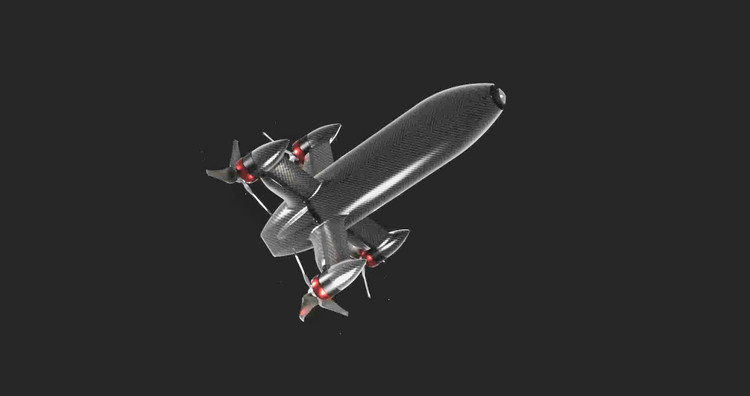
Apollyon Dynamics' success began with simple emails sent to Indian Defense Ministry contacts to pitch the product. A colonel read and responded on behalf of one of those contacts, leading to a live demonstration in Chandigarh for Army officers.
Impressed by the drone’s speed, maneuverability, durability, and radar resistance, the Army placed an order. However, details of the deal are confidential, with no information on the amount or details of the purchase made public.
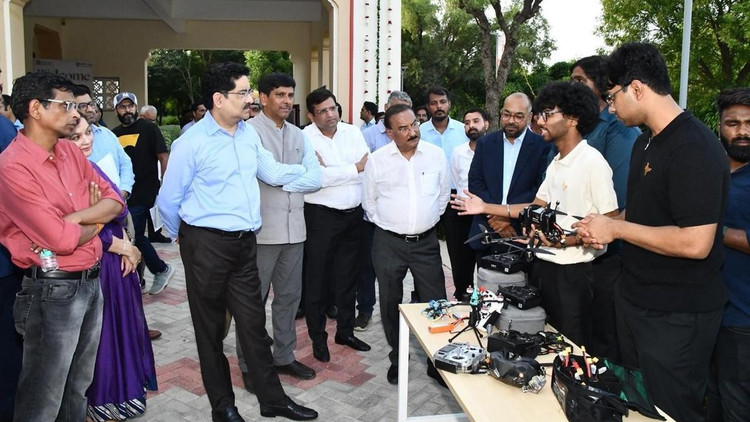

Currently, these drones are operational with Indian Army units at many strategic locations including Jammu, Haryana's Chandimandir, West Bengal's Panagarh and Arunachal Pradesh.
Apollyon Dynamics focuses on indigenous solutions to reduce India’s dependence on imported UAV technology. Their drones are manufactured in-house, with an emphasis on durability, reliability, and adaptability to diverse mission requirements.
Besides suicide drones, their product portfolio also includes multi-role aircraft for surveillance, tactical cargo transport, and training UAVs that are widely used for their ease of use.
The startup also trains military personnel, even those with no flying experience, ensuring rapid combat readiness.
Starting as a defense technology club on campus, their team has developed and is currently researching next-generation vertical takeoff and landing (VTOL) and fixed-wing platforms to increase mission flexibility and operational range.
Their remarkable achievement is seen as a positive contrast to the fictional character Joy Lobo in the movie "3 Idiots", who had a passion for engineering but sadly lost it due to lack of support—unlike these students, their innovations were embraced by the Indian Army.
These young engineers demonstrate the innovative potential of indigenous startups in defence technology, delivering sophisticated combat drones from a humble dormitory room to frontline units of the Indian Army within two months of launching their venture.
Source: https://khoahocdoisong.vn/an-do-mua-lai-thiet-ke-uav-cam-tu-sieu-toc-do-sinh-vien-che-tao-post1556738.html


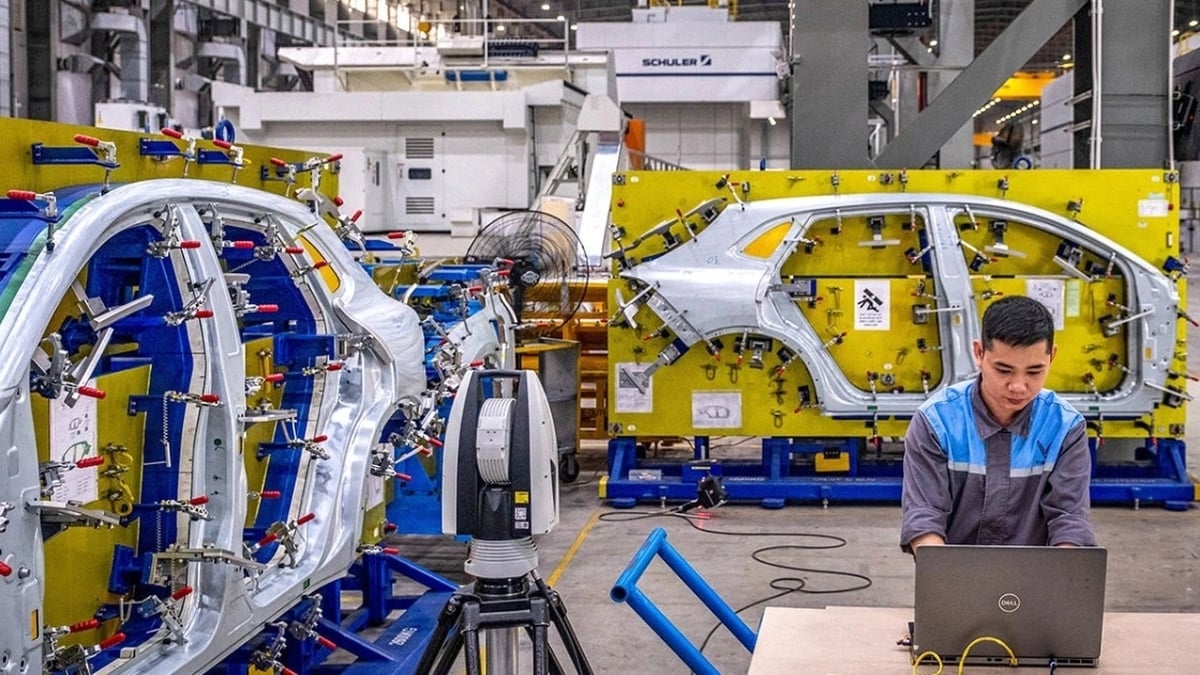


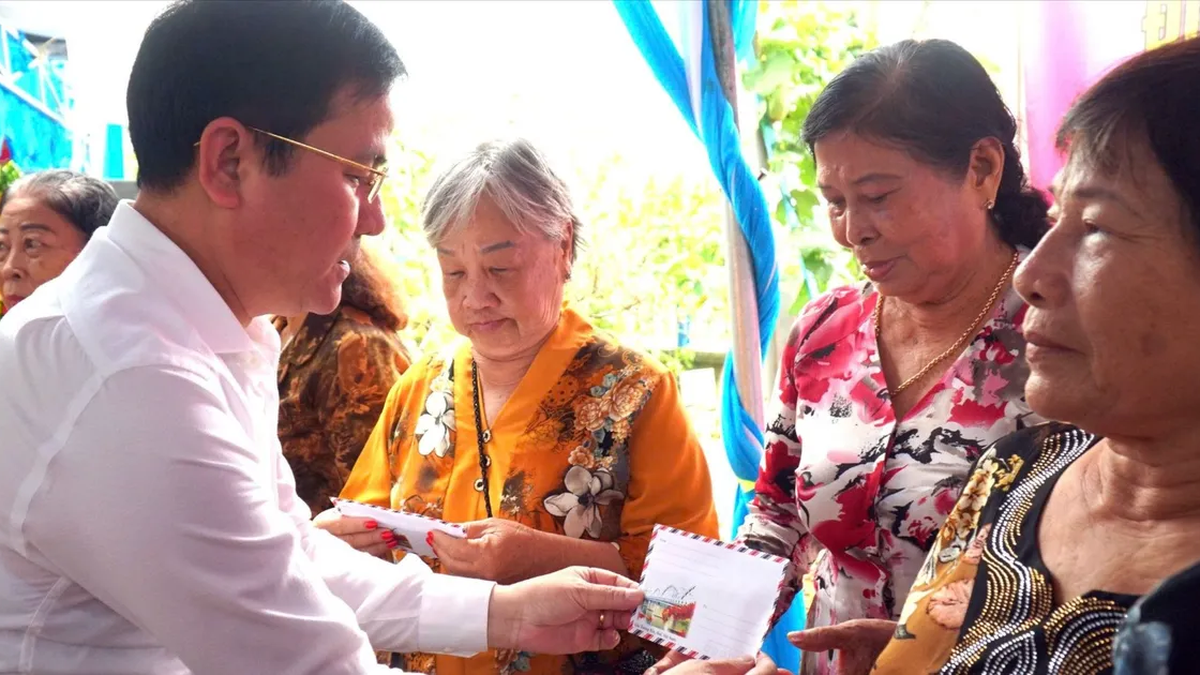





































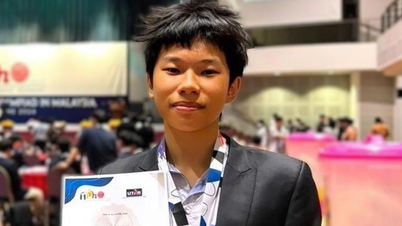


























































Comment (0)